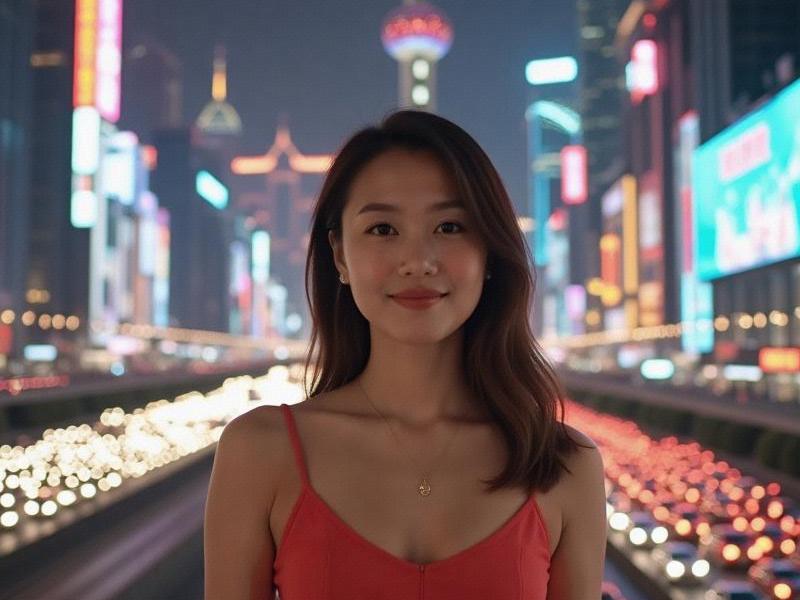
Section 1: The Architecture of Culture
Shanghai's physical transformation:
- The West Bund Cultural Corridor now spans 11km with 42 museums
- Adaptive reuse of 1930s factories into hybrid art-tech spaces
- "Floating theaters" on the Huangpu River combining performance and digital art
Section 2: The Creative Economy Boom
Industry developments:
- Cultural sector contributes 18% to Shanghai's GDP
- 3,200 independent design studios in Former French Concession
上海贵族宝贝sh1314 - AI-assisted traditional craftsmanship revival programs
Section 3: Heritage 2.0
Modern approaches to preservation:
- Digital archives of Shanghainese dialect with VR experiences
- "Living History" program training youth in traditional arts
- Controversial "Neo-Shikumen" housing projects blending old and new
Section 4: The Global-Local Paradox
上海夜生活论坛 Cultural exchanges:
- International art residencies with local community mandates
- Fusion cuisine gaining Michelin recognition
- Shanghainese jazz revival movement goes global
Section 5: The Nightlife Renaissance
After-dark culture:
- 24-hour bookstores with augmented reality reading lounges
- Underground electronic music scene influencing fashion
爱上海同城对对碰交友论坛 - Tea house DJ nights blending traditional instruments with EDM
Challenges Ahead
Critical issues:
- Gentrification displacing traditional communities
- Commercialization of heritage
- Balancing tourist demands with local culture
Conclusion: The Shanghai Model
Shanghai demonstrates that cultural vibrancy stems not from choosing between preservation and innovation, but from their creative synthesis - offering lessons for cities worldwide seeking to maintain identity amid globalization.
